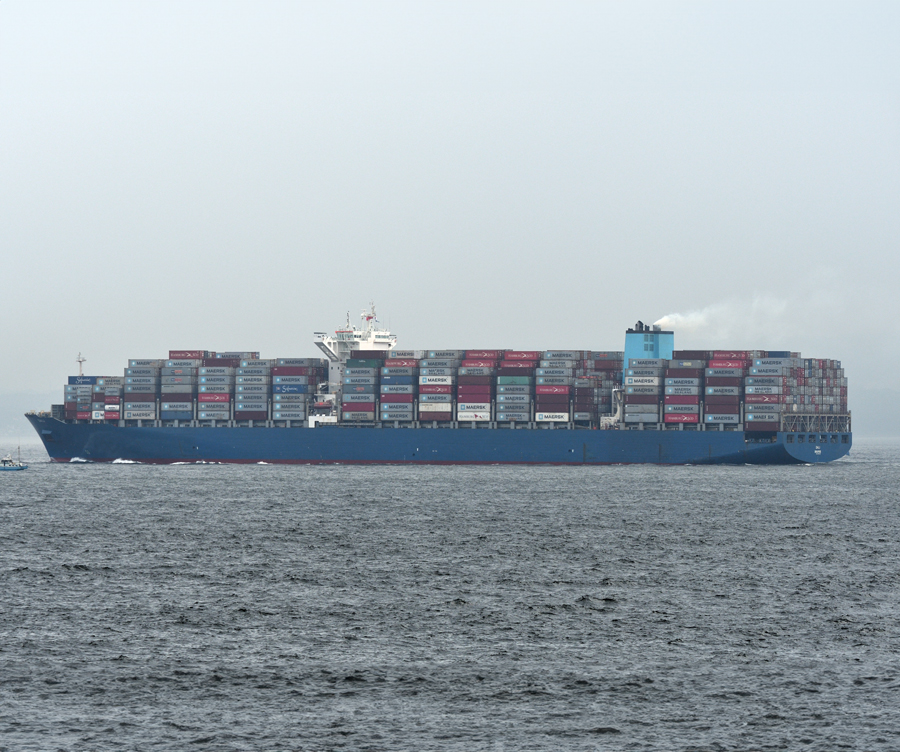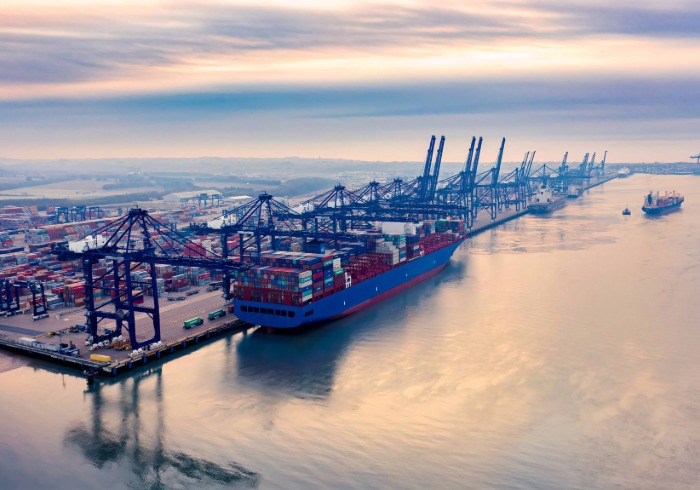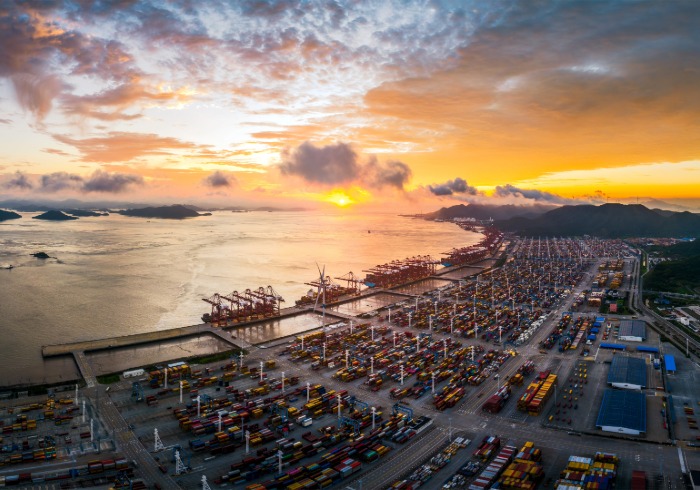More than a quarter of companies in key developed markets say they may halt production in response to US President Donald Trump’s tariffs, according to a survey that also suggests firms plan to stop imports to prevent supply chain delays.
The research by insurer Allianz Trade, published on May 20, found 60% of respondents expect the trade war to have a negative impact on their business, and less than half of companies expect positive export growth in the next twelve months, compared to 80% prior to Trump’s announcement.
Four in ten exporters said they expect turnover to fall by 2-10% over the next year.
Allianz Trade surveyed over 4,500 companies in China, France, Germany, Italy, Poland, Singapore, Spain, the UK and the US in two waves over March and April 2025, with one set of questions before and the other after the trade disruption triggered by Trump’s ‘Liberation Day’ tariffs.
The results do not take into account the reciprocal “pause” announced by the US and China earlier this month, in which the two countries agreed to temporarily unwind the steepest tariffs while talks continue.
“In sharp contrast to the optimism seen before the April 2 tariff wave, this year’s Global Survey confirms what we’re observing across markets: uncertainty and fragmentation are becoming structural,” says Aylin Somersan Coqui, Allianz Trade’s chief executive.
“‘Liberation Day’ exposed the vulnerabilities of companies with highly concentrated supply chains and export markets.”
Just over a quarter of firms report that they may temporarily halt production due to the tariffs, with 32% intending to stop imports or offshore production to avoid delays or increased costs.
In the US, almost nine in 10 firms in the said they had stockpiled imports to try to outrace expected tariff hikes.
Allianz Trade says that the temporary nature of the relief provided by the mutual tariff reduction secured with China and memorandum of understanding with the UK is likely to encourage US firms to continue trying to outrace higher tariffs.
It may not do much good for consumers, however. The survey shows that 54% of businesses in the US and 38% globally plan to raise prices in response to tariff impacts, with the trend particularly noticeable in the energy, textiles and wood products sectors, where over half of suppliers intend to increase prices.
Comparatively, only 22% of surveyed companies intend to absorb cost increases arising from tariffs. Respondents also said they hope to avoid higher costs by diversifying input sources or export destinations. Over a third of firms report having already found new export markets, while almost two-thirds plan to do so.
Longer waits for payment
The survey also suggests that payment terms are lengthening, with over half the exporters surveyed anticipating increase terms, and 70% reporting receiving payment between 30 and 70 days after shipment. This echoes a Coface survey released in April that showed Chinese suppliers are being squeezed into offering longer payment terms due to heavy market competition.
The trend is particularly noticeable for large companies, says Ana Boata, head of economic research at Allianz Trade.
“Larger firms tend to experience longer payment delays,” she says, “with 26% of surveyed companies having a turnover above €5bn facing payment terms exceeding 70 days, compared to 18% for the overall sample average.
“This suggests that major companies are increasingly taking on the role of an invisible bank for smaller companies. As exporters face longer payment cycles and rising insolvency risks, they’re under pressure to pass on costs, source from new markets, or even reconsider their entire international footprint.”
The research also underlines the impact tariffs may have on global trade and investment flows.
Despite the decrease of tariffs between the US and China, the levies remain much higher than prior to Trump’s second term in office, and companies continue to look for alternatives. Only one in 10 US firms intend to export to East Asia after ‘Liberation Day’, down from 20%, and Chinese companies’ desire to export to North America has collapsed from 15% to 3%.
A quarter of US businesses with production in China are looking to move facilities to Western Europe, and another quarter is looking south towards Latin America, which the report notes is the major “winner” of the trade war so far.
“Europe and Latin America are emerging as attractive alternatives for Chinese firms, and European firms are also increasingly interested in exporting to China and Asia,” says Françoise Huang, senior economist for Asia Pacific and trade at Allianz Trade.
“Between both surveys, export intentions increased to 36%, and the interest towards the South and Southeast Asian market doubled to 14%. Meanwhile, Latin America is emerging as the winner of rerouting and trade circumvention strategies, with both Chinese and European firms looking to the region for access to the US at a lower cost.”







